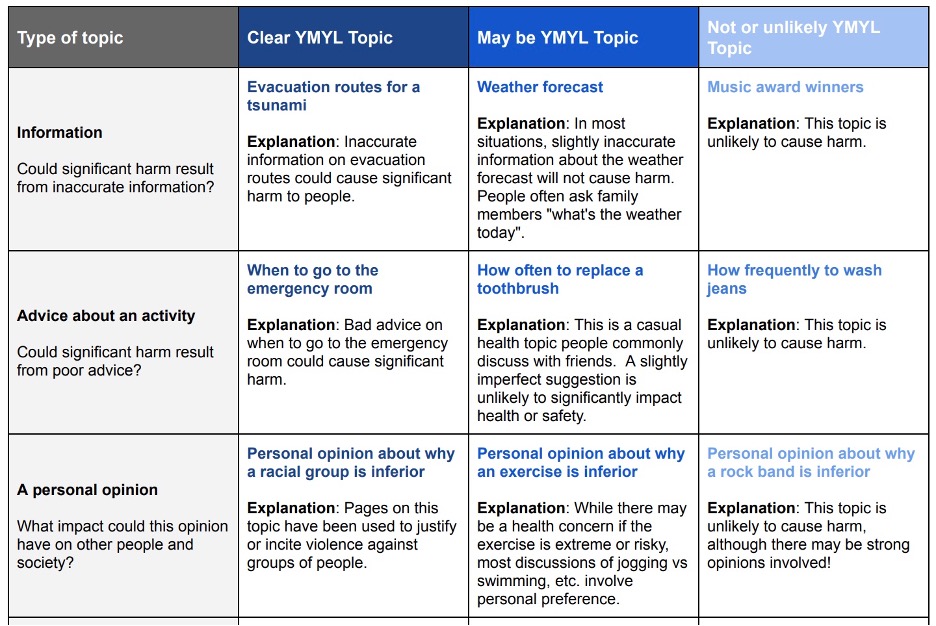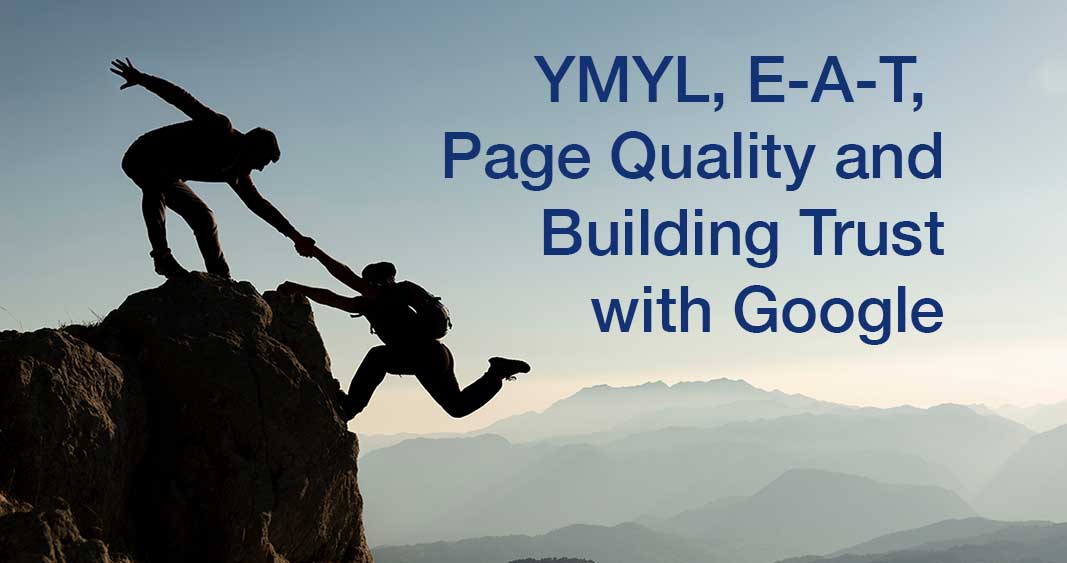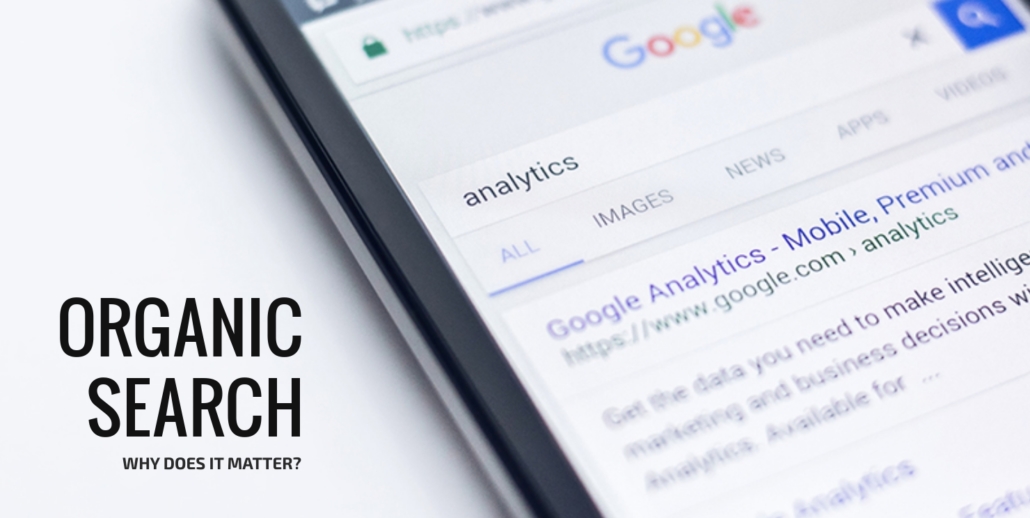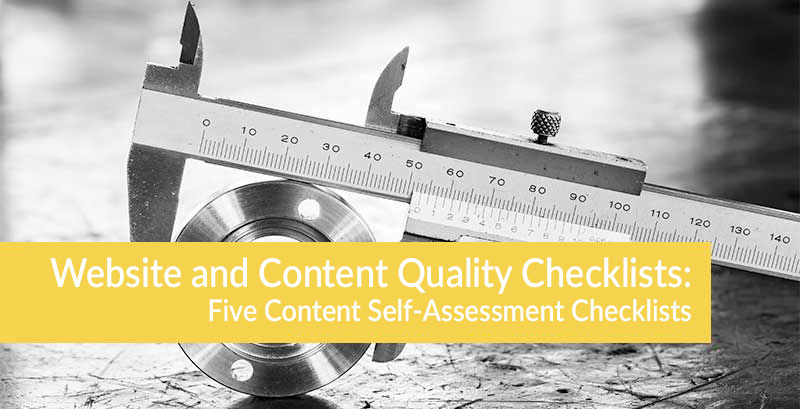Learn how YMYL, E-A-T, and Page Quality impact your content strategy
Trust is a hot topic on the Internet these days. What makes you trust one search engine result over another? What makes you trust the information on one website but not on its competitor?
This is exactly what Google is trying to clarify for you and your readers. Google wants to make it obvious when you can and should trust a website and when you need to keep on browsing and searching.
And as a website owner, Google is trying to make it clear what you should do to earn their trust and confidence. Admittedly, this is not always easy or simple…
While Google does publish numerous articles and documents with guidelines on content expectations, how they rate and rank content, and how Search works – it is not easy to stay up-to-date on algorithm updates and expectations.
This is why you need to keep reading. In this blog we explain:
- What YMYL, E-A-T, and Page Quality really mean to you as a website owner and content creator
- How YMYL, E-A-T, and Page Quality impact your content strategy
Hint: if you are a health or wellness brand, you really need to keep reading. Your website and all off-site collateral are under close scrutiny by Google’s Page Quality Raters.
What are YMYL, E-A-T, and Page Quality Rating?
- YMYL stands for Your Money or Your Life. Websites and pages that can impact the health, well-being, safety, or financial security of people and society are in this category.
- E-A-T stands for Expertise, Authoritativeness, and Trustworthiness. Google wants websites and pages to demonstrate these three qualities – particularly YMYL websites/pages.
- Page Quality rating is the score assigned to a webpage based on how well it meets its purpose.
What does this really mean for your website and the content you create?
What You Need to Know About YMYL
Prior to the July 2022 update, Google defined YMYL as “pages (which) could potentially impact the future happiness, health, financial stability, or safety of users”.
The new definition of YMYL is:
“Some topics have a high risk of harm because content about these topics could significantly impact the health, financial stability, or safety of people, or the welfare or well-being of society.”
Of particular importance is this clarification about YMYL for Google Search Quality Raters (and website owners):
To determine whether a topic is YMYL, assess the following types of harm that might occur:
- YMYL Health or Safety: Topics that could harm mental, physical, and emotional health, or any form of safety such as physical safety or safety online.
- YMYL Financial Security: Topics that could damage a person’s ability to support themselves and their families.
- YMYL Society: Topics that could negatively impact groups of people, issues of public interest, trust in public institutions, etc.
- YMYL Other: Topics that could hurt people or negatively impact welfare or well-being of society.
Google says that most pages are not YMYL topics and the best way to think about YMYL is on a spectrum – Clearly YMYL, May Be YMYL, and Not or Unlikely YMYL.
This table excerpted from the July 2022 Google Page Quality Rater’s Guidelines explains the YMYL spectrum.
Pages on clear YMYL topics require the most scrutiny for Page Quality rating.

As a health and wellness brand and website – your content is a Clear YMYL Topic. This means your website is under close scrutiny by Google and must clearly demonstrate E-A-T.
What You Need to Know About E-A-T
Particularly for YMYL topics, Google considers E-A-T to be of extremely high importance.
Google provides examples of High E-A-T topics and content including:
- High E-A-T medical advice should be written or produced by people or organizations with appropriate medical expertise or accreditation. High E-A-T medical advice or information should be written or produced in a professional style and should be edited, reviewed, and updated on a regular basis.
- High E-A-T information pages on scientific topics should be produced by people or organizations with appropriate scientific expertise and represent well-established scientific consensus on issues where such consensus exists.
Think about the topic of the page. What kind of expertise is required for the page to achieve its purpose well? The standard for expertise depends on the topic of the page.
E-A-T is one of the most important factors when determining Page Quality Rating.
What You Need to Know about Page Quality Rating
Google’s goal is to provide people with high quality content that answers the search intent of search queries.
Along with its algorithms, Google uses Search Quality Raters to review, audit, and rate websites and pages – assigning a Page Quality rating. Ultimately, Google wants pages with a Page Quality rating of Highest to rank on page one of the search engine results page.
Here is the key information from Google that you need to know about Page Quality rating:
- Ultimately, the goal of Page Quality rating is to evaluate how well the page achieves its purpose.
- Pages on clear YMYL topics require the most scrutiny for Page Quality rating.
- For pages about clear YMYL topics, we have very high Page Quality rating standards because low quality pages could potentially impact a person’s health, financial stability, or safety, or the welfare or well-being of society.
To assess the Page Quality rating of your website content and those of your competitors, Google stresses:
Here are the most important factors to consider when selecting an overall Page Quality rating:
- The Purpose of the Page
- Expertise, Authoritativeness, Trustworthiness: This is an important quality characteristic.
- Main Content Quality and Amount: The rating should be based on the landing page of the task URL.
- Website Information/Information about who is responsible for the main content: Find information about the website as well as the creator the main content.
- Website Reputation/reputation about who is responsible for the main content: Links to help reputation research will be provided.
Yes, this is a lot… Your website needs to have a clear purpose and every page must contain quality content. You also need to ensure your website contains enough information about your specific domain to help people.
The good news is you can achieve this when you focus on answering two primary questions:
Does this information help people? What is the purpose of this information and my website?
How YMYL, E-A-T, and Page Quality Impact Your Content Strategy
This sentence from Google sums up how YMYL, E-A-T, and Page Quality impact your content strategy:
Websites and pages should be created to help people.
This sentence must inform and guide every piece of content you create and link to and from.
Remember that E-A-T informs the quality of your YMYL content and is a signal to Google that your content does help people. Make sure every webpage does this:
- Demonstrates expertise in your field.Use your About Us page to clearly prove your expertise and knowledge – make it obvious to Google why you can be trusted. Create content that explains what you are doing to ensure your products and brand meet industry standards for quality and professionalism.
- Proves the person writing your articles, blogs, and all page content is an authority in your field.Every single blog, article, whitepaper, and other pieces of collateral must have an author byline and bio. Include the author’s name and credentials at the top of the page and insert the bio at the bottom.
- Demonstrate that your website is trusted by other experts and professionals.Health, wellness, and scientific brands should use endnotes and references to support all statements of fact, benefits, and research in your website and marketing content – Google and the FDA expect to see these. You will be penalized if you don’t include endnotes and references.
As you write and audit your website content, try to think like a Page Quality Rater. For every page, ask these questions:
- What is the purpose of this page? Does the purpose of this page align with the purpose of my website?
- Does the purpose of this page and website help people?
- Does this content answer questions and educate?
- Is it clear that the author is an industry expert?
- Would you trust the author and content when making decisions about your health, wellness, finances, and life?
- Would you recommend this content to a family member?
- Is the content high-quality? Is it free of spelling and grammatical errors?
- Is it easy to find information on your website?
- Do you have a plan to regularly audit, edit, and update your website content?
It’s important that you can answer yes to these questions and easily provide examples of high-quality and helpful content.
Google holds itself to high standards and holds your website to the same standards. Here is what Google says about Search:
People use Search for billions of queries every day, and one of the reasons they continue to come to Google is they know that they can often find relevant, reliable information that they can trust. To help us do this, we rely on three key elements that inform our approach to information quality:
- High-quality automated ranking: …automated ranking systems to identify information that people are likely to find useful and reliable.
- Helpful Search features: …provide direct access to information from authoritative sources – including intergovernmental organizations or government entities.
- Content policies: We have policies for what can appear in Search to make sure that we’re showing high quality and helpful content.
It’s not easy to critically review your website and content. Contact us for an honest analysis and assessment of your website and content.
About the author
Jane Phelps is the CEO and co-founder of Know Agency, a specialist in organic search and paid search marketing expertise and leadership for health and wellness brands. Jane started Know Agency in 2010 focused solely on the nutritional supplement space. With her hands-on experience working in the health and wellness space, Jane is a public speaker and conference presenter at industry trade shows, networking events, and conferences on search and digital marketing strategies for wellness and nutrition brands. Jane and her team are instrumental in creating results for leading companies including Pure Encapsulations, Garden of Life, Learning Tree, Avocados From Mexico, Susan G. Komen Foundation, Jabil, and many start-ups and entrepreneurs.



